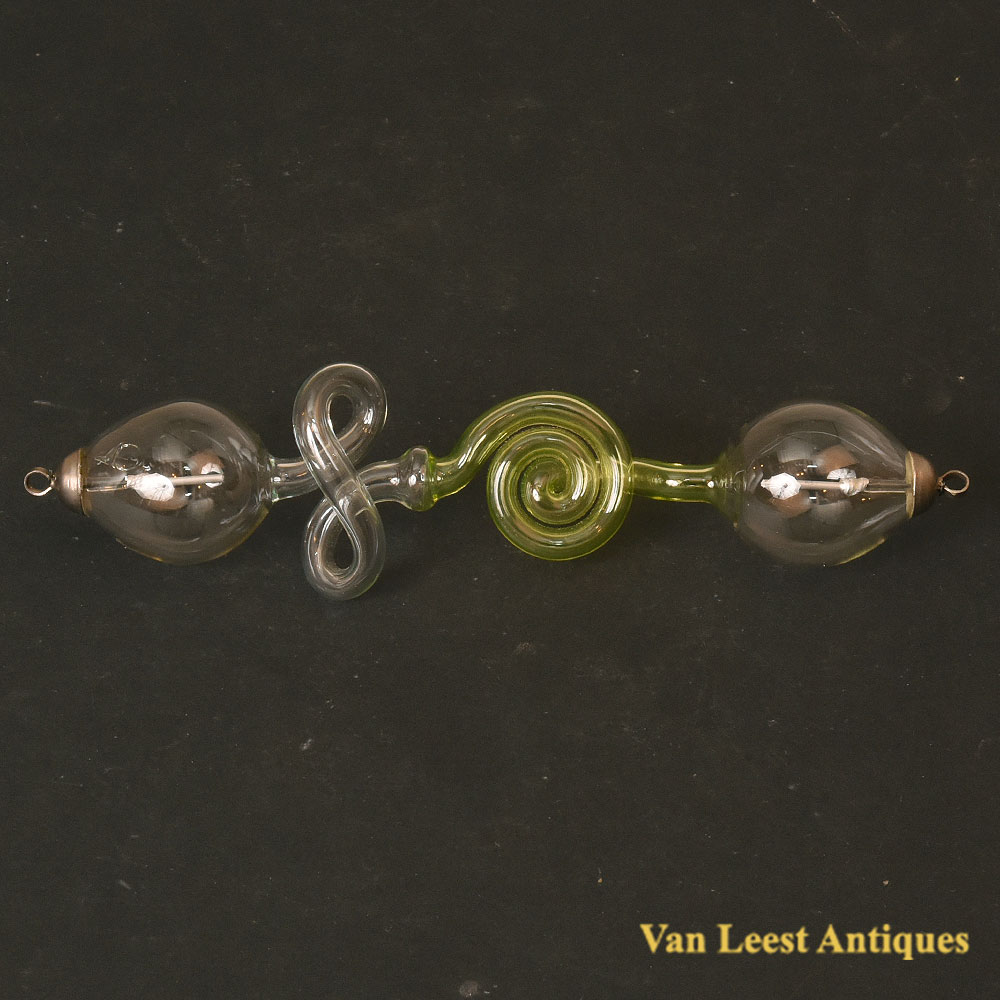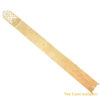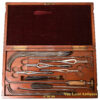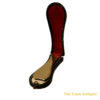Description
A 1970’s Geissler tube with gas and metal electrodes.
Invented in 1857 by German physicist and glassblower Heinrich Geissler, the Geissler tube stands as an early gas discharge apparatus employed to illustrate the principles of electrical glow discharge, akin to contemporary neon lighting, and pivotal to the discovery of the electron. This device comprises a sealed, partially evacuated glass cylinder of various shapes, housing rarefied gases like neon, argon, or air, along with conductive fluids such as mercury vapor, or ionizable minerals and metals like sodium. With metal electrodes positioned at each end, when a high voltage is applied across them, an electric current courses through the tube.
Lenght: 21,5 cm.
Ask the Dealer
Dealer information
 Van Leest Antiques
Van Leest Antiques
Van Leest Antiques
Van Leest Antiques, based in Utrecht in the Netherlands, specialises in antique scientific and medical instruments. Their collection covers mainly scientific and medical antique instruments: barometers, globes and planataria, nautical instruments, anatomical models, and pharmacy items. Toon Van Leest travels regularly in Europe and visits trade fairs, auctions, and antique dealers to collect stock and to find pieces to fulfil his clients' unusual requests.
As well as being an avid antique collector and dealer, Toon Van Leest is also a dentist. He believes that antiques are a stable investment, not reliant on trends or fashion, and have truly lasting value. Above all, he says, antiques are timeless and never lose their beauty.








